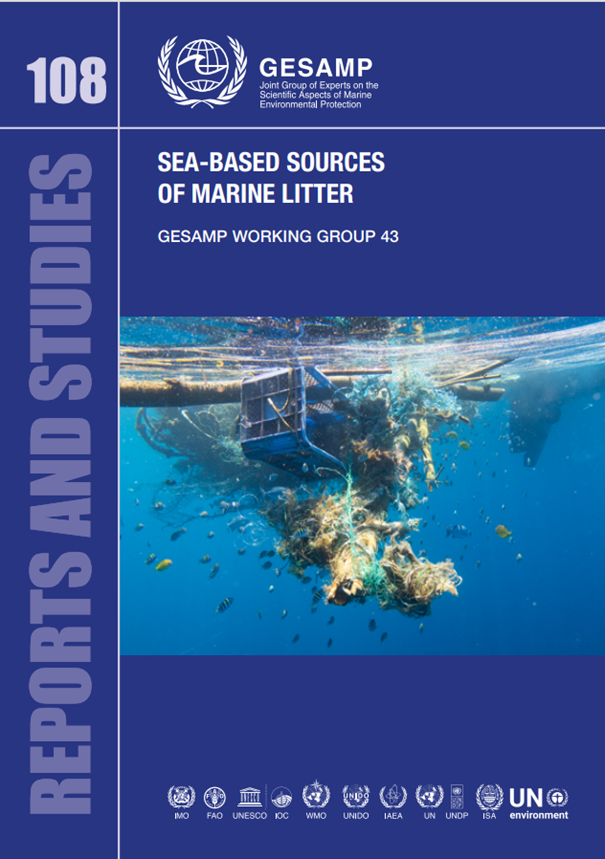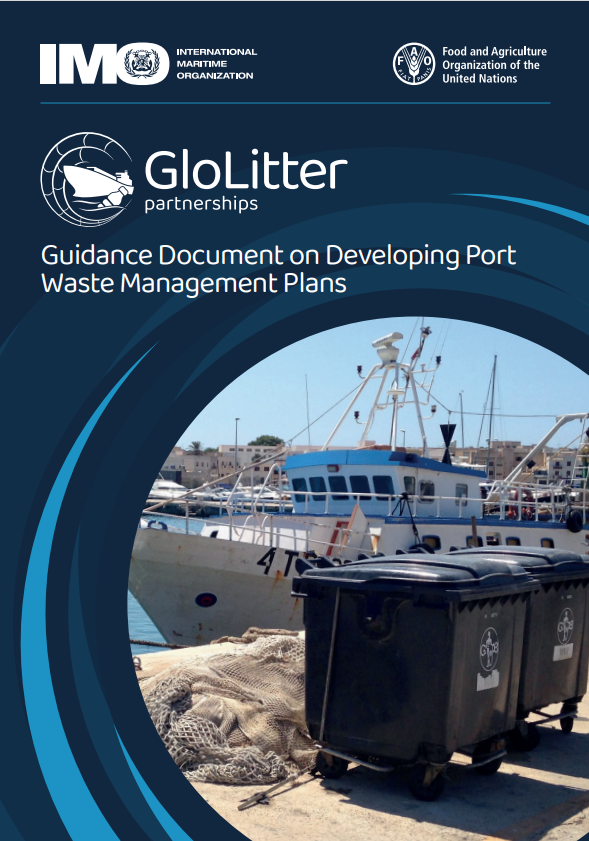Background
In the last decade there has been growing knowledge on the levels, sources, negative effects of marine litter and microplastics in the world’s ocean, as well as measures to reduce their impacts. However, levels of marine litter, in particular plastic litter, are continuing to increase, together with their harmful impacts, including those on biodiversity, ecosystems, fisheries, animal welfare, maritime transport and safety at sea. Recently there has been increasing political will and momentum to address marine litter, in particular related to SDG 14.1 on marine pollution, within the 2030 Agenda for Sustainable Development, which has played a key role in driving increased action on this issue at national, regional and international levels.
However, within this context of increased knowledge and political motivation, land-based sources of marine litter continue to dominate scientific outputs, public attention and political dialogue. Consideration of sea-based sources of marine litter, which includes litter originating from the fishing and shipping industries, in particular abandoned, lost or otherwise discarded fishing gear (ALDFG), are still several steps behind other sources in our understanding of levels and their impacts. It is sometimes claimed that 80% of marine litter comes from land-based sources, however this statistic is now widely disputed and ought to be validated. It is acknowledged that in some contexts the impacts from sea-based sources, in particular ALDFG, may be more harmful than other types and sources of marine debris, particularly with regard to ‘ghost fishing’, the entanglement of marine species and as a navigational hazard to safety at sea.
Consequently, UN agencies, in particular FAO and IMO, have been stepping up their efforts to meet this challenge. Both organizations have adopted policy instruments which deal with sea-based sources of marine litter and both organizations have been mandated by their members to increase their efforts on this issue and to establish strategies and action plans.
Scope of work
Following an agreement in principle at the 45th annual session of GESAMP in 2018, the Working Group on sea-based sources of marine litter (WG 43) was established formally in April 2019. The overall objective of WG 43 is to build a broader understanding of sea-based sources of marine litter, in particular from the shipping and fishing sectors, including the relative contribution of different sources, analysis of plastic use and management within both industries and the range and extent of impacts from sea-based sources of marine litter. The Working Group will also work to build a more comprehensive understanding of specific types of sea-based sources of marine litter, and to guide interventions on these sources based on identified priorities, drawing upon the expertise of FAO, IMO, UNEP and other relevant organizations and experts.
The Working Group has two concurrent work-streams:
- Work-stream 1, with an overarching scoping study which would, amongst other objectives, support the initial information requirements of IMO’s Action plan to address marine litter from ships and help identify priorities within this overarching scope.
- Work-stream 2, with recognition that some types of sea-based sources of marine litter, such as ALDFG, are further progressed in terms of available information but require more focussed scientific attention to inform interventions. The work-stream will focus on specific areas of research to fulfil this requirement. ALDFG will be the focus based on the existing knowledge that this is a major source of marine litter from ships and the fishing sector specifically. It is also already identifiable as a key area of work for both FAO and IMO whose Members have highlighted an urgent need to address this issue.
Results to date
Following two interim reports to the FAO and IMO, the final report of the first phase of the Working Group was published in October 2021, as GESAMP Reports & Studies No. 108.
GESAMP (2021). “Sea-based sources of marine litter”, (Gilardi, K., ed.) (IMO/FAO/UNESCO-IOC/UNIDO/WMO/IAEA/UN/UNEP/UNDP/ISA Joint Group of Experts on the Scientific Aspects of Marine Environmental Protection). Rep. Stud. GESAMP No. 108, 109 p

